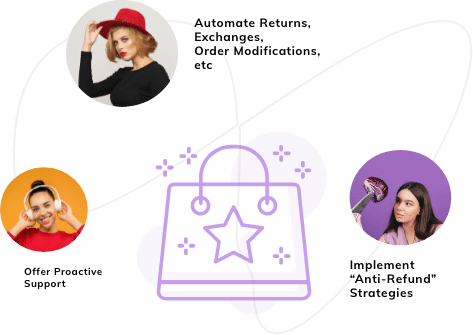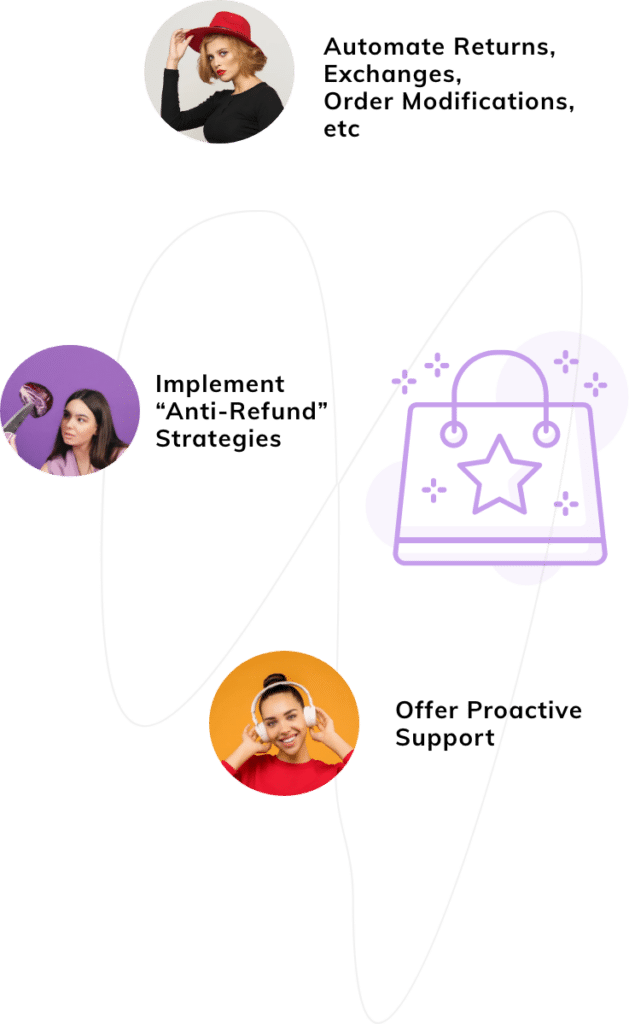Last Updated: April 2024
Doing the right thing, the right way is a critical part of doing business, not just for e-commerce stores, but for any commercial enterprise under the sun. Failing to meet service level agreements or standard terms and conditions can create distrust in the minds of customers and between members of your own customer service agents team.
This can have a profound effect on growth and team collaboration. Moreover, hefty penalties have been awarded by the courts to companies found guilty of non-compliance with regulations. For example, in 2019, major ecommerce brands like Nordstrom and Warby Parker were sued for failing to meet digital accessibility requirements.
As the first point of contact for customers, customer service agents have a huge responsibility on their shoulders: they need to be crystal clear when telling customers about warranties, returns, delivery timeframes and the like.
Any misrepresentation – intentional or otherwise, can have serious consequences. Besides, daily, it leads to extended response times or ticket resolutions, impacting customer experience and inviting negative reviews.
So, why is accountability important?

Acting with responsibility, especially when things go wrong, is key to building trust with customers and retaining them long-term. According to Hubspot Research, 55% customers do not trust businesses as much as they used to earlier. Telling customers you care for them is simply not good enough anymore. You must back it up with how you treat them. Being committed to accuracy and integrity when dealing with them is implied. The ability to accept a mistake and taking the initiative to correct it can win you the admiration of your customers like nothing else can.
Since conscious accountability is the basis of business performance and growth, it should be a key part of your company’s official code of conduct. Laying down a clear framework of do’s and don’ts closely linked to the overall business strategy is imperative.
What are a few recommended ways to build a culture of accountability?

Holding each other accountable and working toward a common objective is the foundation of high performance customer service teams. It is a much more productive approach than using coercion or diktats. Experts recommend that business leaders develop clear accountability guidelines that are measurable and realistic. This removes any scope for ambiguity and promotes transparency. However, employees should be viewed as ‘partners’ by management, fostering accountability, rather than instructing them to ‘do as told.’ Here are 5 tried and tested ways that you can build a culture of accountability within your Customer Support team:
Start with the why:
To succeed at building a culture of accountability, you need to adopt the bottom-up approach. Asking clarifying questions is often the best way to get your agents to see the management’s point of view. To be fair, agents often harbor conflicting agendas, potentially diverging from the business objectives. For example, to make their monthly quota, they ignore procedure while verifying customer information or delay following up on a critical ticket.
Managers must ask why an agent deviated from expectations rather than making assumptions based on past history. There may be underlying reasons that are not apparent at first. For example, any agent may have forgotten a certain procedure or have a personal problem affecting their performance at work or they may just interpret the process differently. Explain your own perspective as a manager in a way that agents can relate to.
Ask questions like, “How do you plan to overcome this problem?” or “Is there anything you need to do better next time?”. This non-confrontational approach will help agents focus on the right priorities. Provide supplemental training on key topics to help your agents cope better with the demands of the job.
Lead by example:
Leaders should constantly strive to practice accountability in all their interactions with subordinates and colleagues. Deliver on the promises you make and take ownership of any issues that come up, from start to finish. Since employees admire their bosses, it strengthens their sense of responsibility to customers and the company. This is one of the most effective ways to drive positive behaviour among your agents.
Regular performance reviews and feedback:

One-to-one coaching sessions -held on a regular basis- are essential for letting your agents know how they are doing with regards to their KPIs. It can help you discuss performance trends and identify outliers. If you observe a common trend of procedure violations or customer feedback, you can even bring it up in a formal team meeting and share useful insights.
For example, if average response time exceeds expectations, openly address the reasons and propose an action plan with defined outcomes. Feedback sessions do not have to be a once-a-month affair. You can address real-time issues in short 10-minute feedback sessions too. The key is staying engaged with customer support agents, addressing daily performance and highlighting areas of concern.
Policy and procedure updates
Update your policy and procedure guidelines at regular intervals to ensure that they comply with the latest government regulations. Regular quality audits are also essential to identify and plug any loopholes that could expose you to risk. For example, the use of customer data is strictly regulated and unless every single employee handles it according to procedure, your business could be sued for violation of privacy.
Manage escalations immediately:
A customer might tell you that he/she has been misled by one of your agents. Such complaints need to be handled on a priority basis through a formal escalation process. The person responsible should be given a formal warning and if required, put on a performance improvement plan. In case, the person is a repeat offender, you may have to let them go. Managing escalations in a time-bound and transparent way can prevent customer attrition and avoid potential litigation.
Also read: 10 Best Customer Service Automation Software For Your Business
Last Words:
Adhering to company policy is non-negotiable for customer support teams. When offshoring customer support, compliance issues can crop up. However, US-based alternatives like Helplama offer expert support agents versed in local laws and culture. Our flexible plans can be customized to suit any budget or process. What’s more, our Zero Risk Guarantee has you covered in case you aren’t satisfied. Contact us today for more information!









